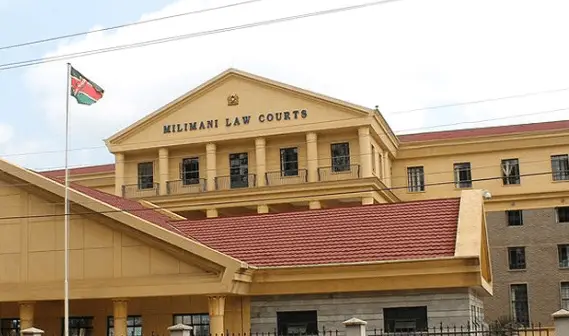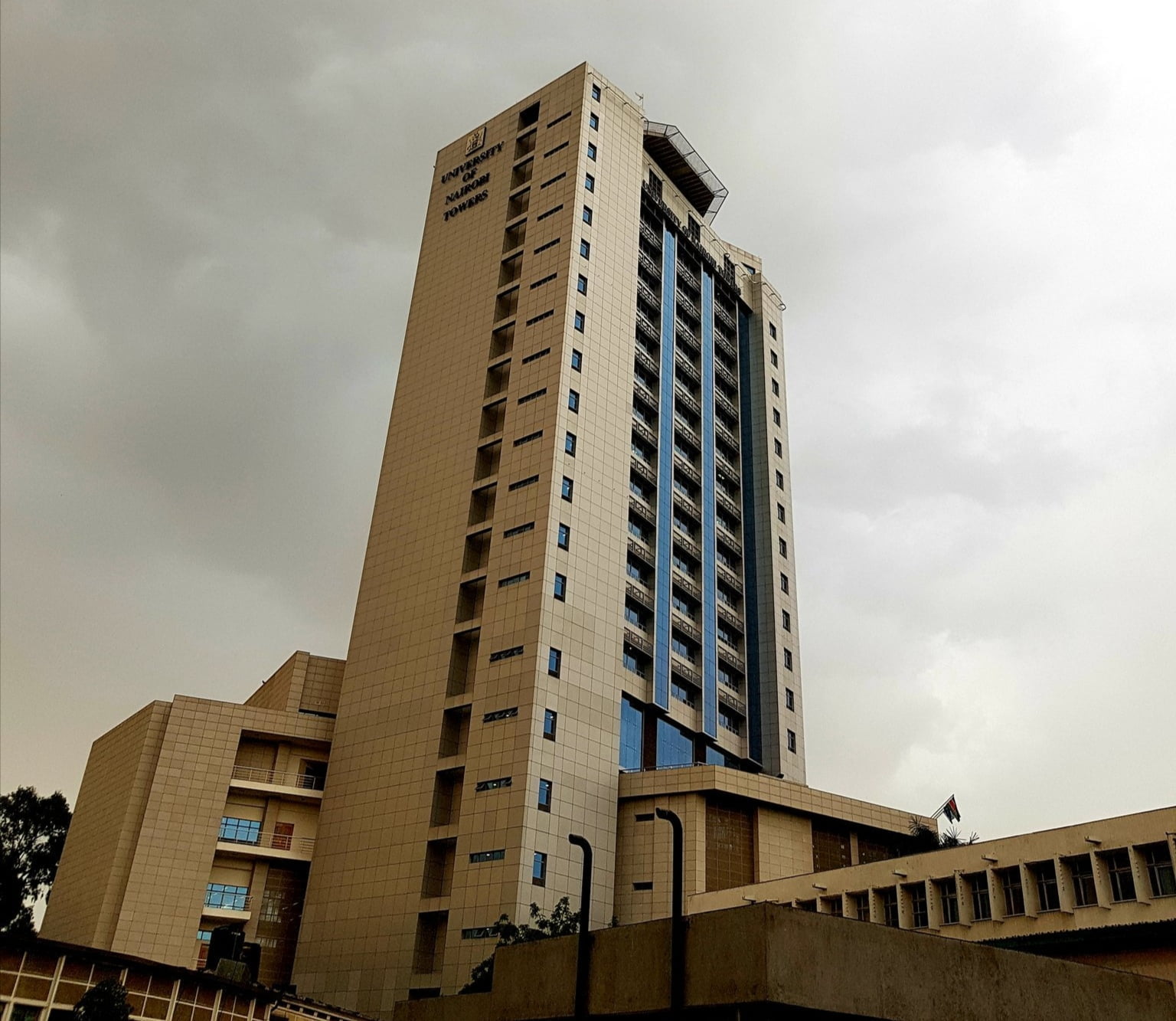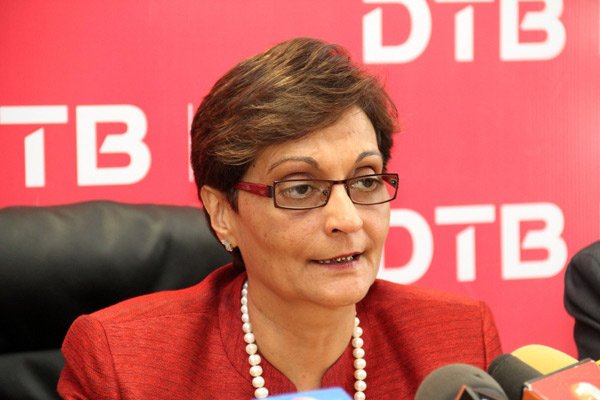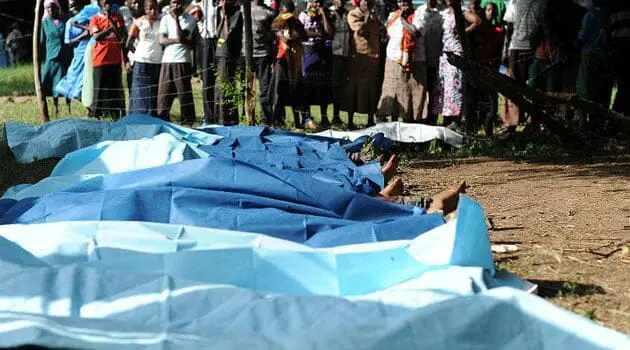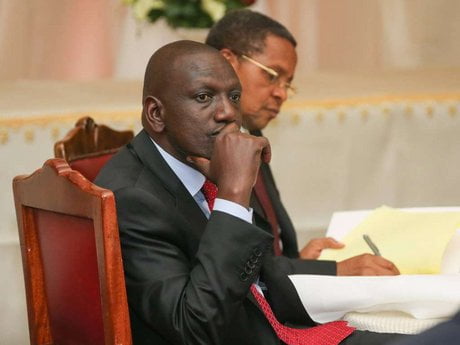
Politicians allied to President Uhuru Kenyatta and Orange Democratic Movement leader Raila Odinga are plotting to table a motion for the impeachment of Deputy President William Ruto, whom they accuse of disrespect and disloyalty against the President, Daily Nation reports.
The plot is expected to gain momentum next week when the politicians retreat to a hotel in Nanyuki for a pro-Building Bridges Initiative meeting. They will meet on the same day when Mr Ruto and his allied Tangatanga politicians converge in Nakuru for a parallel BBI rally.
On paper, the Nanyuki meeting is being sold as just another round of consultations on how to advance the ‘Handshake’ politics of President Kenyatta and Mr Odinga, but insiders told say that Mr Ruto’s perceived rebellion will also be on the agenda.
While several of the politicians we spoke to yesterday were cagey about revealing the full agenda of the meeting, Cherangany MP Joshua Kuttuny broke the silence, saying in a familiar retort that “dawa ya moto ni moto”, in reference to Mr Ruto’s alleged Mover: David Mwenje covert agitation.
Warning that the Tangatanga grouping invited the fresh onslaught against itself when it mobilised for a retreat in Naivasha last week “to scheme against the President”, Mr Kuttuny promised that “we are aware of what they are planning, and for us the writing is clear on the wall”. “They have been claiming they control Parliament, but after they failed to save former Kiambu Governor Ferdinand Waititu from impeachment, we now know that they are only 11 in the Senate, and this gives us hope,” he added, before proclaiming ominously: “We know who has been fighting the President through proxies; we know who has been undermining the President; we know the enemy; and we shall be meeting with that at the back of our minds.” Similar sentiments were expressed by Fafi MP Abdikarim Osman, who said his colleagues in Parliament are increasingly getting the feeling that they should impeach Mr Ruto before he or his allies attempt a similar move on the President.
“We are firmly behind the President and Mr Odinga,” said Mr Osman. “You can’t fight both of them and expect to win. We will remove DP Ruto from office before he removes the President.” Joining the chorus against the Deputy President, Kitutu Chache South MP Richard Onyonka said there is discomfort “about the DP’s continued stay in office” as he now discreetly fights President Kenyatta and Mr Odinga. “He can’t continue frustrating his boss, especially on BBI, which is unstoppable.
I wonder who advises him. It could be that he likes hanging around young guys who will do nothing but nod their heads to whatever he says as they nourish their pockets,” said Mr Onyonka. Were it to see the light of the day and succeed, such a ganging-up against a sitting Deputy President would redraw the country’s political architecture for the foreseeable future.
At a time when both President Kenyatta and Mr Odinga are campaigning against the politics of division, such a move could also drastically water down the unity gospel the two have been preaching. But Belgut MP Nelson Koech, defending Mr Ruto, said the plot appears far-fetched, misinformed, “impossible and a pipe dream”. “I dare them because I can assure you it will not be easy.
This is a pipe dream that is good for politics but not reality. Let them bring it on,” Mr Koech, a strong ally of the DP, said. He repeated the often quoted Tangatanga assertion that President Kenyatta’s wing of the political divide cannot martial enough numbers in Parliament to kick out Mr Ruto, and warned MPs and Senators against dancing on Mr Waititu’s political grave as the former governor’s ouster does not reflect the level of their popularity in Parliament. “They can’t get the numbers because William Ruto is not Ferdinand Waititu,” said Mr Koech. “It’s impossible.” Initially ambivalent, the number of MPs supporting the BBI has surged lately as some rush to the fold after it became clear that the President considers the initiative one of his key legacies and is prepared to fight for it.
This is the second time a suggestion to impeach Mr Ruto is being floated.
The first attempt was made by Senate Minority Leader James Orengo in March last year, citing corruption against the DP. It flopped. Article 150 of the Constitution outlines the only two instances when a sitting Deputy President may be removed from office — on the ground of physical or mental incapacity to perform the functions of the office, or gross violation of a provision of the Constitution or any other law.
The second must prove that the Deputy President has committed a crime under national or international law, or has conducted himself grossly improperly.
While the Constitution has no specific provision for the process to impeach the holder of the office, Article 150 (2) provides that Articles 144 and 145 relating to the removal of the President shall apply, with the necessary modifications to the removal of the Deputy President.
Article 145, which relates to removal of the Deputy President, gives the National Assembly the power to initiate the removal process through impeachment.
Accordingly, any MP who seeks to have the DP removed from office must get the support of one-third of MPs in the National Assembly before bringing such a motion to the floor of the House. If the motion is supported by two-thirds (233 MPs), the Speaker of the National Assembly will then forward the resolution to the Senate within two days.
However, the Deputy President will continue to perform the functions of the office pending the outcome of the proceedings in the Senate.
Upon receiving the resolution, the Speaker of the Senate must convene the House within seven days to hear the charges.
The Senate may either appoint an 11-member special committee to investigate the allegations, or convert itself into a committee and conduct a trial, as was the case last week against Mr Waititu.
If the MPs make good their threat, they will have to be guided by the 2015 ruling of the Speaker of the National Assembly Justin Muturi, who, while giving direction on attempts by some MPs to impeach then Devolution CS Anne Waiguru, advised that those accusing anyone of gross violation of the Constitution must submit all evidence to his office for approval.
If the Speaker is satisfied that the evidence meets the threshold or establishes grounds for misconduct, he will give the promoters the go-ahead to collect signatures of one-third (88) of MPs that is necessary for the introduction of the motion to the House.
Mr Ruto, however, appears to have history on his side. Of the 11 individuals who have served in the position, only the late Josephat Karanja was voted out of office by the National Assembly, in 1989. Unlike today, when the process is anchored in law, it only took an abrupt motion by former Embakasi MP David Mwenje to oust Mr Karanja, who had been picked as Vice-President after the controversial mlolongo elections of 1988.
MPs accused Mr Karanja of demanding that politicians kneel before him and daring to act as president when President Daniel arap Moi was away. Four days after Mr Mwenje shocked Parliament and the nation with his abrupt motion of no confidence in the Vice-President, Mr Karanja was thrown out of office.

































